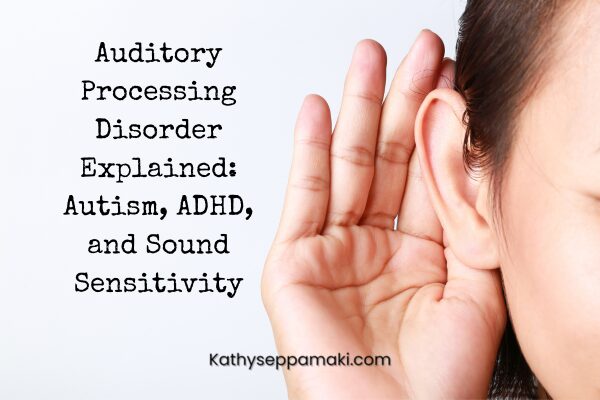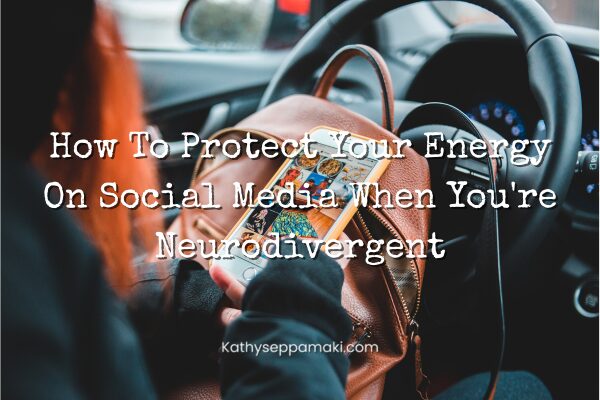For many women, especially those who are neurodivergent, masking becomes second nature. Masking means putting on a kind of “social costume” to appear more neurotypical or to meet expectations of how women are “supposed” to act. It’s a survival skill many of us pick up early in life, often without even realizing it. But high-masking comes at a cost: exhaustion, burnout, and a sense of not fully knowing who we really are beneath the mask. If you’ve ever felt like you’re constantly performing for the world around you, you may be a high-masking woman.
Here are the top signs you may be a high-masking woman:
1. You’re always “on” in social situations
Whether it’s work, family gatherings, or even casual conversations, you keep your smile, nods, and polite responses ready. People may see you as outgoing or easy to talk to, but inside, you’re calculating every word, gesture, and facial expression.
2. You rehearse conversations in your head
Before making a phone call, going to a meeting, or even chatting with a friend, you run through what you’ll say. You might even replay conversations afterward, analyzing what you said and worrying if you came across “the wrong way.”
3. You mirror others without realizing it
You find yourself adopting other people’s tone, posture, or slang just to fit in. While it helps you blend, it can leave you unsure of where others end and you begin.
4. You’re the “dependable one” (but it costs you)
You show up as the responsible friend, the reliable co-worker, or the one who always has it together. What people don’t see is how drained you feel afterward, and how much you’re sacrificing your own needs to keep up the act.
5. You hide your struggles behind humor or positivity
When things feel overwhelming, you downplay it. Instead of showing how stressed, sad, or frustrated you are, you crack a joke or reassure everyone you’re “fine.”
6. You have an exhaustion hangover after socializing
Masking takes so much energy that even a fun night out can leave you feeling like you’ve run a marathon. You may need hours, or even days, of solitude to recover.
7. You struggle to know who you really are
When you’ve spent years performing different versions of yourself, it can feel confusing to answer questions like: What do I actually enjoy? What are my real opinions? Who am I when no one is watching? This was a big one for me. I actually realized before I discovered that I was AuDHD that I really didn’t know who I am. I am in the process now of figuring that all out!
Why recognizing high-masking matters
Masking isn’t a flaw; it’s a coping mechanism that may have helped you survive in environments that weren’t built for you. But the constant performance can lead to burnout, mental health struggles, and feeling disconnected from your authentic self.
Recognizing the signs is the first step toward gently peeling back the mask. That doesn’t mean you have to drop it all at once (especially if masking feels safe), but it does mean you can start exploring what it looks like to honor your real needs, show up more authentically, and give yourself permission to rest.
If this resonated with you, know you’re not alone. Many women, especially neurodivergent women, are realizing just how much they’ve been masking. Healing begins when you give yourself space to be seen as you truly are.




